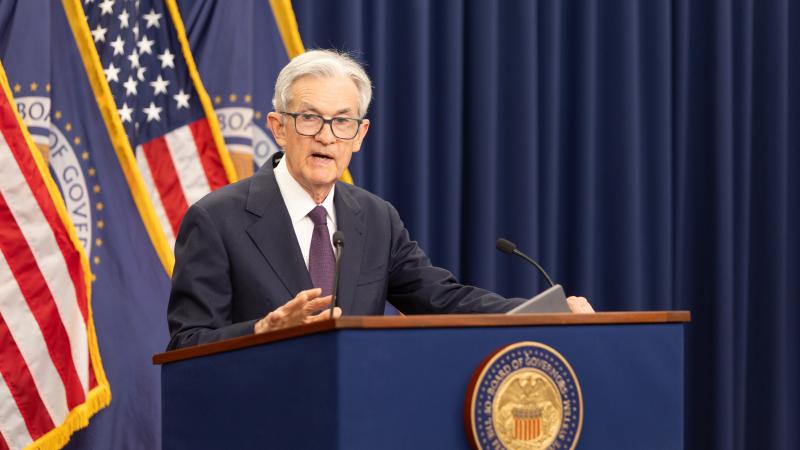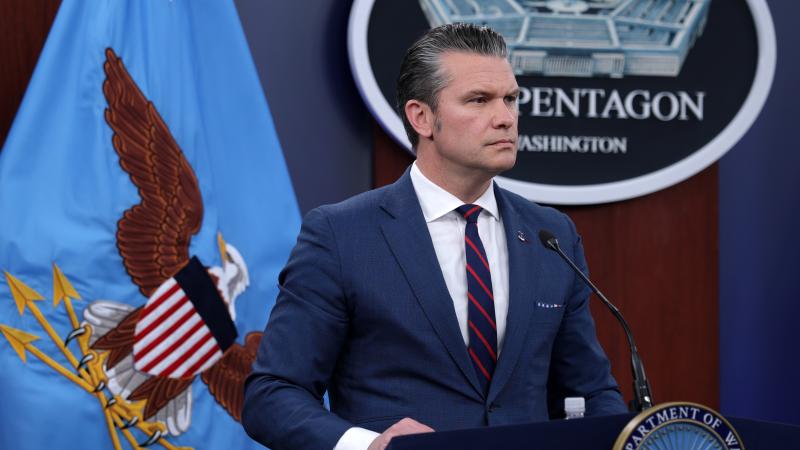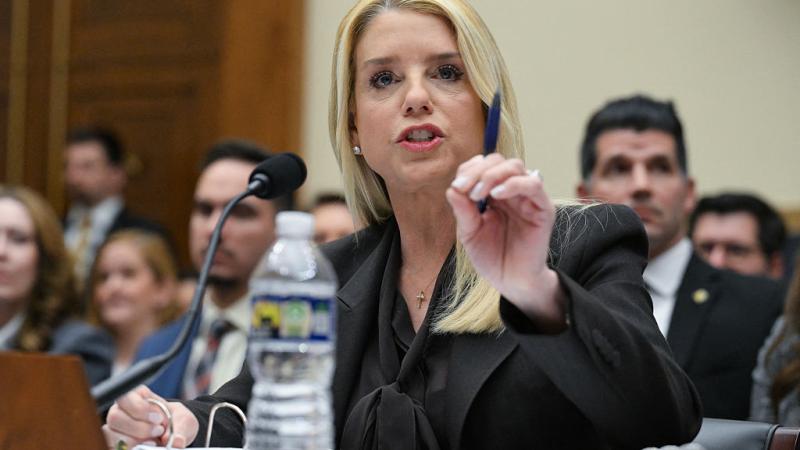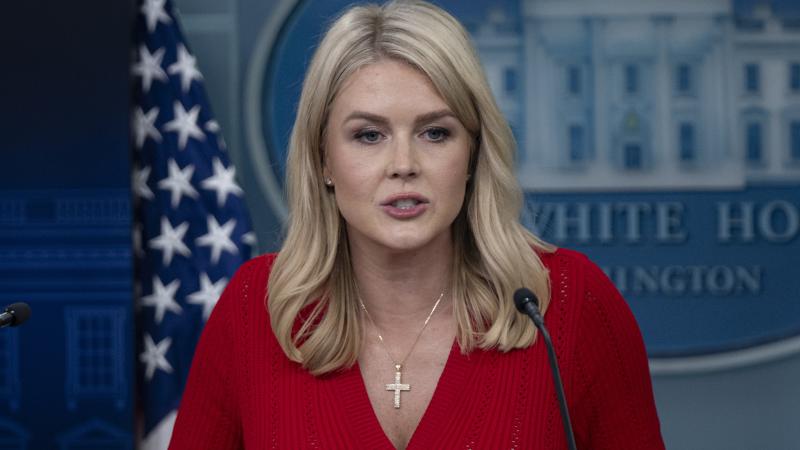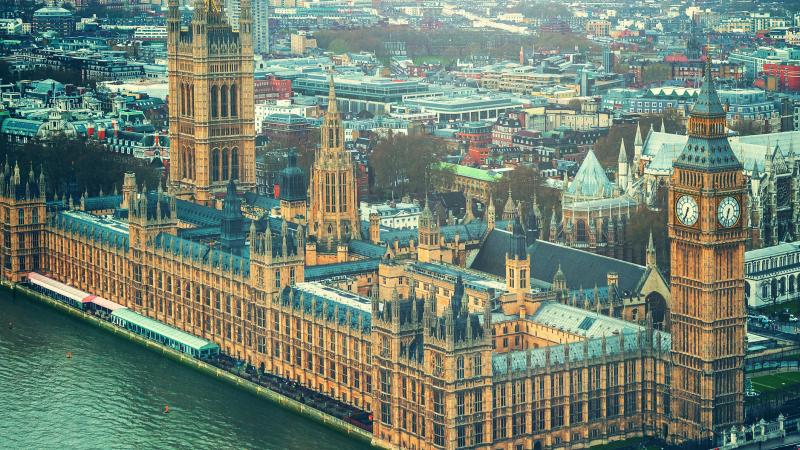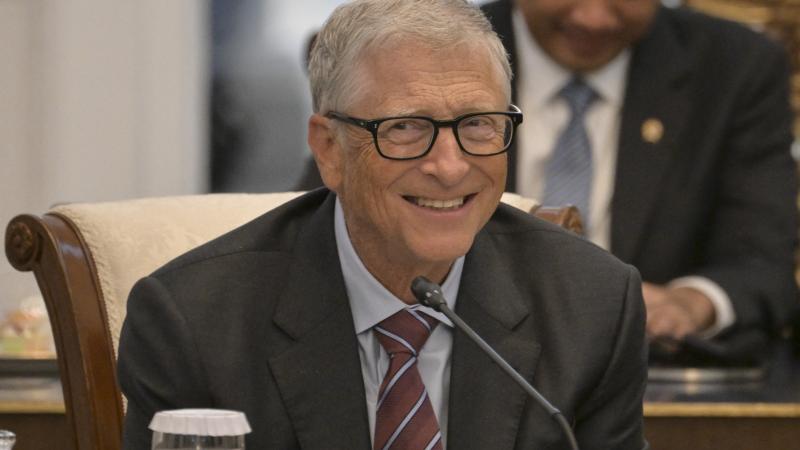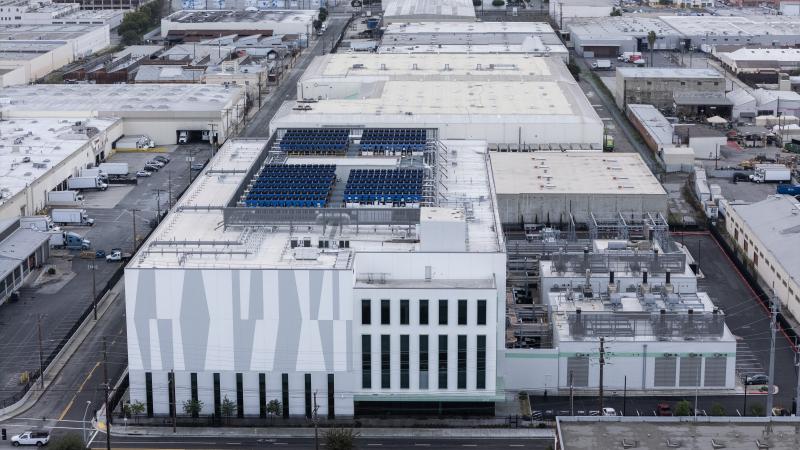Study finds COVID already mutating around Paxlovid, as FDA circumvents doctors to prescribe
"Ironically Biden has done what we feared Trump would" by "repeatedly" interfering in vaccine authorizations, "possibly for political" reasons, epidemiologist says.
The FDA's expansion of the emergency use authorization (EUA) for Pfizer's COVID-19 antiviral pill could play a role in accelerating mutations of SARS-CoV-2, new research suggests.
Last week, the regulator authorized state-licensed pharmacists to circumvent doctors by directly prescribing Paxlovid, as long as they determine it's safe after reviewing "the most recent reports of laboratory blood work" for kidney or liver problems and medications that patients are taking.
"Apparently, someone in government decided that there wasn't enough Paxlovid being prescribed" seven months after its approval, Philadelphia cardiologist Anish Koka wrote skeptically in his newsletter this week.
He has "struggled with quite a few Paxlovid requests recently," mostly from "young vaccinated patients" who test positive for COVID, feel pressured to take the treatment, and "just want some reassurance from a professional that it's ok to not take a drug."
The pill was initially submitted to treat people who balked at COVID vaccination, but the FDA approved it for "mild-to-moderate" infections in people at high risk of developing severe COVID, as young as 12, regardless of vaccination status.
It's also a hit with double-boosted federal officials. Vice President Kamala Harris took Paxlovid for her asymptomatic COVID infection this spring, while National Institute of Allergy and Infectious Diseases Director Anthony Fauci apparently flouted FDA guidelines by taking a second course after a COVID "rebound" in June.
In a recently updated Pfizer trial analysis of those at "standard risk" for severe COVID, however, just a handful of hospitalizations or deaths separated placebo recipients from those who took Paxlovid, including in a vaccinated subgroup. The drugmaker characterized the benefits as "non-significant."
The preprint study by virology researchers at Austria's Medical University of Innsbruck, which has not been peer-reviewed, went online two days before the FDA expanded the EUA for Paxlovid, though the drug was associated with COVID rebounds even before Fauci's bout.
Citing the FDA's initial authorization of Paxlovid, the researchers searched for "resistant mutants" against the drug's protease inhibitor, nirmatrelvir.
To avoid the perils and regulatory burdens of gain-of-function experiments, they engineered a "chimeric" virus with COVID's main protease and then "applied selective pressure" with nirmatrelvir to induce mutations. The researchers confirmed the effect of the mutants by reintroducing the protease and testing with a cellular assay.
While they identified several mutations in the protease that "confer resistance" to nirmatrelvir, they also discovered that "mutations predicted by our method already exist in SARS-CoV-2 sequence depositions" in databases maintained by the U.S. National Library of Medicine and GISAID global genomic initiative.
"These may represent emerging resistant virus variants or a natural heterogeneity in the susceptibility to nirmatrelvir," the preprint says.
Asked how the expanded EUA may affect mutations, particularly when the most interested audience is already vaccinated and boosted, FDA press officer Chanapa Tantibanchachai pointed Just the News to the Center for Drug Evaluation and Research Review memo.
It justifies the expansion to "provide more timely treatment" for eligible patients now that there is "ample supply" of the drug. Tantibanchachai also referred to the "antiviral resistance" section of the Paxlovid fact sheet.
The study's corresponding author Emmanuel Heilmann told Just the News there's also a push in Austria for direct Paxlovid prescription by pharmacists.
"I don't think this is necessarily a good idea," he wrote in an email. While it's a "great medication, sooner or later there will likely be resistant virus strains. Obviously, the more Paxlovid is used, the faster this will happen."
He recommends combining Paxlovid with a "differently acting medication" such as Lagevrio, the COVID antiviral marketed as molnupiravir, at least when both are more widely available. "It is far less likely for a virus to generate resistance mutations against different medications at the same time," a phenomenon observed with HIV treatment.
For Johns Hopkins medical professor Marty Makary, a member of the National Academy of Medicine, the Austrian study's takeaway was clear. "Paxlovid overuse in low-risk people can breed resistance and spawn new virus mutations," Makary tweeted, calling it "risky business."
The study shows it was "inevitable" that resistance would emerge, according to respiratory specialist Peter Wark of Australia's University of Newcastle and Hunter Medical Research Institute.
Cardiologist Koka said he soured on Paxlovid after receiving a "panicked call" from an emergency room the day after his elderly patient, who was vaccinated and boosted, finished the course Koka had prescribed. The patient now had fevers, chills and another positive antigen test, though the hospital stay was only 36 hours.
The COVID rebound phenomenon wasn't disclosed in Pfizer's peer-reviewed paper on the nirmatrelvir trial in the New England Journal of Medicine, only showing up in the FDA's EUA documents, Koka said.
He emphasized how little Paxlovid did for naturally immune participants in the trial, with 98% of placebo recipients not developing severe COVID. Koka now regrets that "I was exposing my patient to the adverse events of a drug with little to no benefit," when "doing nothing" seems to work better "the vast majority of the time."
"Pfizer will make $20 billion+ from this drug, and they still have not provided a positive randomized trial in vaccinated people," University of California San Francisco epidemiologist Vinay Prasad tweeted. "Healthy 20-year-olds with no comorbidities and three vaccines are taking this product."
It's par for the course with the Biden administration, Prasad wrote in his newsletter Tuesday, questioning the data it's using to reportedly justify a second COVID booster for healthy adults and noting the European CDC's opposition to a second booster.
Prasad suspects political and corporate agendas behind the otherwise puzzling push for the added dose.
"The worry of course is that need to be seen as offering something for political rather than medical reasons," he wrote. "They need to limit cases right at the moment of the midterm elections.
"The other concern is that clearly Pfizer has excess product, and this move will help them unload that supply. Are they merely working in Pfizer's best interest?"
The FDA is squandering its credibility, Prasad fears, with repercussions that will outlast the COVID pandemic. "Unfortunately, the massive decline in public acceptance of other vaccines, which is in progress, will be, in part, attributable to their actions," he wrote.
"Ironically, Biden has done what we feared [President] Trump would," he concluded. "Interfere repeatedly in vaccine authorization, possibly for political rather than public health reasons."
The Facts Inside Our Reporter's Notebook
Links
- authorized state-licensed pharmacists to circumvent doctors
- newsletter
- initially submitted
- FDA approved it for "mild-to-moderate" infections
- Vice President Kamala Harris took Paxlovid
- Anthony Fauci apparently flouted FDA guidelines
- recently updated Pfizer trial analysis
- preprint study
- Center for Drug Evaluation and Research Review memo
- Paxlovid fact sheet
- Makary tweeted
- Peter Wark
- Vinay Prasad tweeted
- Prasad wrote in his newsletter
- reportedly justify a second COVID booster
- European CDC's opposition to a second booster
- New England Journal of Medicine
- FDA's EUA documents

